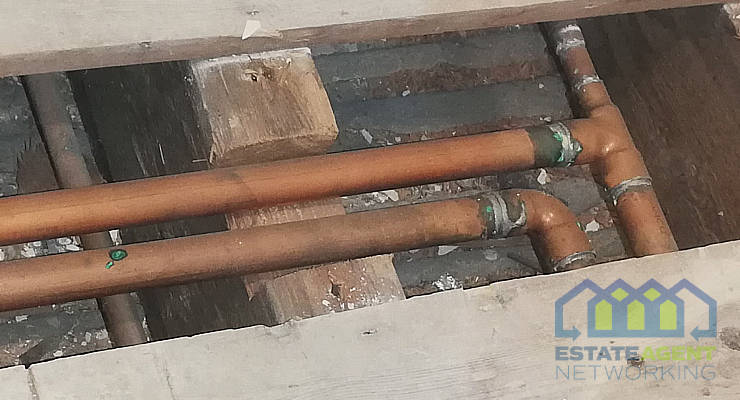Rent Guarantee vs. Tenant Vetting: Which Offers Better Protection?
All landlords like to maximise their rent revenue and protect their property from the vagaries of tenant whims, market downturns and other factors. There are two primary approaches to this: through careful tenant vetting to avoid getting lumbered with problem tenants, and by using a rent guarantee scheme to ensure payment. Both have their benefits – let’s look at both in more detail below.
Tenant Vetting
As more people are priced out of the buying property market, renting is a booming option.
To ensure a pain-free letting experience, tenant vetting is a landlord or agency process of investigating the validity of a prospective tenant’s finances, property history and other aspects to ensure they are suitable for your property. Checks can include credit, employment and previous landlord references to ensure their application is valid, and that they can afford the rent.
Additional efforts can include social media and background checks to see if they have treated previous properties with respect, and won’t bring any disreputable behaviour to the property. Deeper research may include criminal record checks for those seeking to rent high-value properties or secure estates.
The problem with tenant vetting from a rent payment perspective is that, especially in the current market, many people work in volatile careers. Others are simply at risk from seasonal or global political changes. The threat of mass redundancies, having working hours cut or being transferred elsewhere among other risks can all impact an innocent tenant.
Similarly, a prospect may have a poor credit history, but if they have a new job and have moved to a new town, their references may be thin on the ground, but could otherwise be a good long-term tenant. It is hard to know through tenant vetting, which can be an imprecise tool.
Tenant vetting can be done by third parties, and for larger landlord agencies, the process can be managed in software to keep all parties informed as the checks move to completion.
About Rent Guarantee Schemes
A UK innovation for our booming rental market, rent guarantee schemes are a great solution to the vagaries of renters and their complex lives. Alongside the vetting process, taking out a Rent Guarantee policy provides financial security at a low cost to the landlord.
Unlike insurance policies that require claims to be filed, a rent guarantee agreement is a contract where a company guarantees rent payments to the landlord, whether or not the occupant pays. This eliminates the risk of rental arrears and provides landlords with a consistent income stream.
How Rent Guarantee Works:
- The landlord enters into an agreement with a rent guarantee company, giving the company permission to sublet the property.
- The company finds occupants and manages the property.
- Rent is paid to the landlord on an agreed date every month, regardless of whether the occupant has paid or not.
Key Benefits of Rent Guarantee:
- Guaranteed income: Landlords receive rent every month without delays.
- No extra costs: Unlike insurance, rent guarantee schemes do not require premiums or excess fees. The landlord will not need to pay fees associated with vetting either, as many letting and estate agencies charge.
- Stress-free management: The company handles tenant sourcing, maintenance, and most legal proceedings related to rent arrears.
- Property protection: Many rent guarantee companies also cover minor maintenance issues, reducing hassle for landlords.
Rent or References? What’s the Choice?
If you can cope with the costs, running both systems in tandem provides the maximum protection of having good tenants whose rent is guaranteed if they run into problems. But with more landlords starting out without the experience of vetting, there is always value in having a fallback while you get used to the ins and outs of the management landscape.
However, if a landlord is in a one-or-the-other situation, they can do some vetting on their own pound, and rely on rent guarantee to cover the rent if things do go wrong. All of which depends on the type of tenants and the properties they are letting. That longer-term stability might come with well-heeled tenants and high-end properties, but there is always a risk.
For landlords’ peace of mind, rent guarantee schemes are a tempting and likely the more comprehensive option. However, if you prefer to minimise costs and are not willing to invest time in finding quality tenants, tenant vetting could be more suitable to boost occupancy rates.









